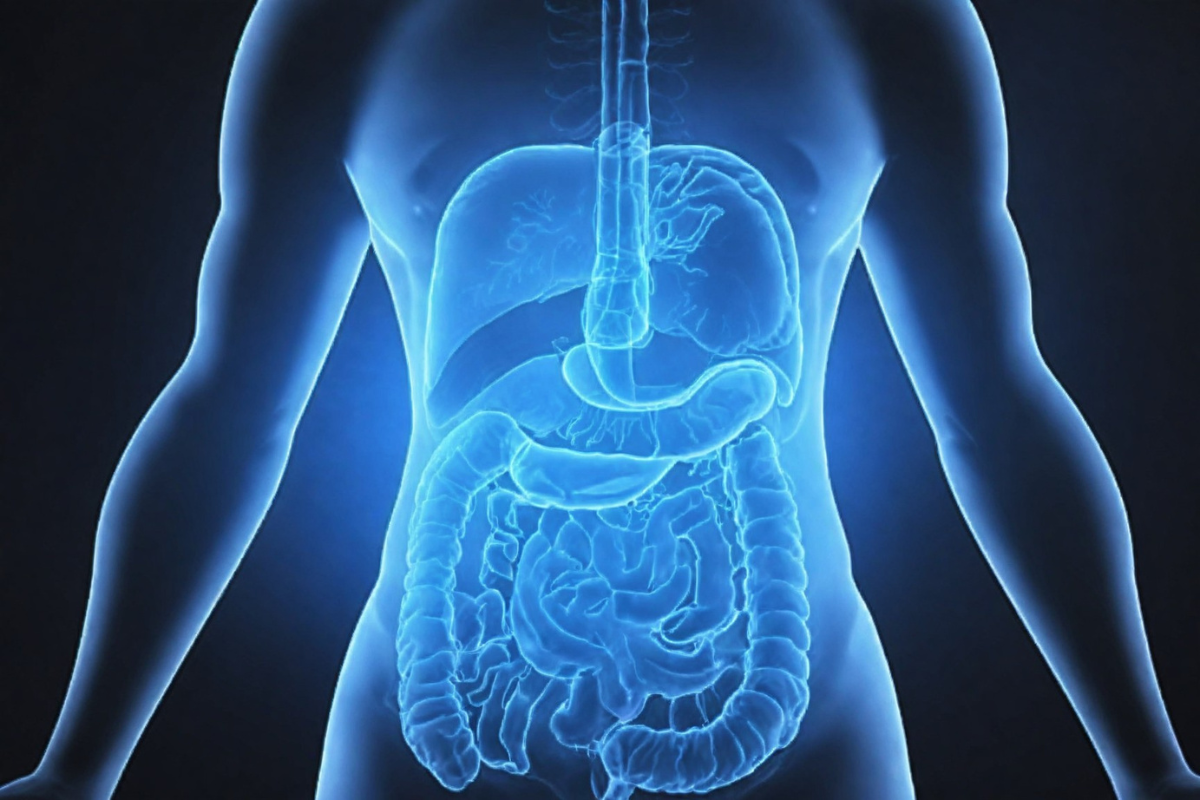
The Role of Gut Microbiota in Overall Health

The Role of Gut Microbiota in Overall Health
Your Gut: A World Within
Often overlooked, the human gut is a bustling metropolis teeming with trillions of microorganisms collectively known as the gut microbiota.
This intricate ecosystem plays a pivotal role in our overall health, influencing everything from digestion to immunity.
Understanding the Gut Microbiome
The gut microbiota comprises bacteria, viruses, fungi, and other microorganisms that reside in our digestive tract. This complex community co-exists in a symbiotic relationship with us, performing essential functions that our bodies cannot.
Key Roles of Gut Microbiota
- Digestion: Breaking down complex carbohydrates, fibers, and certain proteins that our bodies cannot digest on their own.
- Nutrient Absorption: Assisting in the absorption of essential vitamins and minerals.
- Immune System Regulation: Training the immune system to distinguish between harmful and beneficial organisms.
- Protection Against Pathogens: Acting as a barrier against harmful bacteria and viruses.
- Mental Health: Influencing mood, behavior, and cognitive function through the gut-brain axis.
- Metabolism: Affecting weight management and energy balance.
Imbalance and Its Consequences
A disruption in the delicate balance of the gut microbiota, often referred to as dysbiosis, can lead to various health issues. These include:
- Digestive problems: irritable bowel syndrome (IBS), inflammatory bowel disease (IBD), and constipation.
- Autoimmune diseases: Conditions where the immune system attacks healthy cells.
- Allergies and asthma: Increased susceptibility to these conditions.
- Obesity and metabolic disorders: Linked to an altered gut microbiome.
- Mental health issues: Depression and anxiety have been associated with gut imbalances.

Nurturing Your Gut Microbiome
To support a healthy gut microbiota, consider the following:
- Diet: Consume a variety of plant-based foods, including fruits, vegetables, whole grains, and legumes. Incorporate fermented foods like yogurt, kefir, and sauerkraut.
- Probiotics: These supplements contain live bacteria that can benefit gut health.
- Prebiotics: These are non-digestible fibers that serve as food for beneficial gut bacteria.
- Stress Management: Chronic stress can negatively impact the gut microbiome. Practice relaxation techniques like meditation or yoga.
- Adequate Sleep: Sleep deprivation can disrupt the gut microbiome. Aim for 7-9 hours of quality sleep each night.
- Avoid Antibiotics: While necessary in certain cases, overuse of antibiotics can harm the gut microbiota.
Conclusion
The gut microbiome is a complex ecosystem with a profound impact on our overall well-being. By understanding its role and taking steps to nurture it, we can enhance our health and quality of life.























































